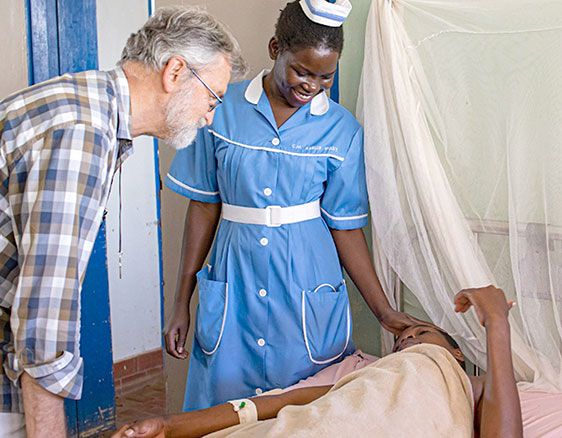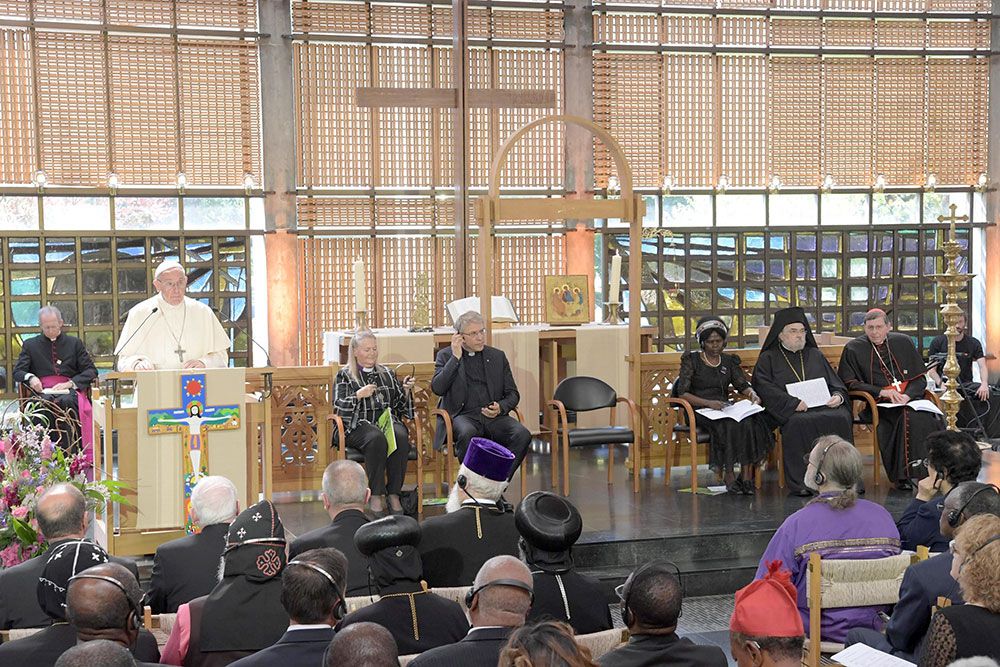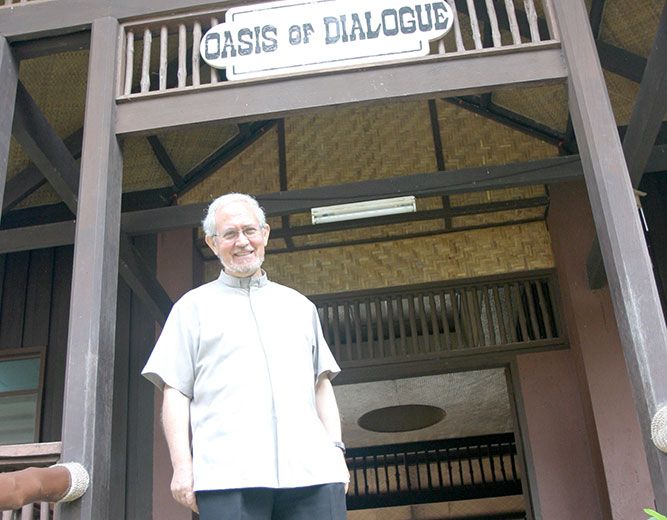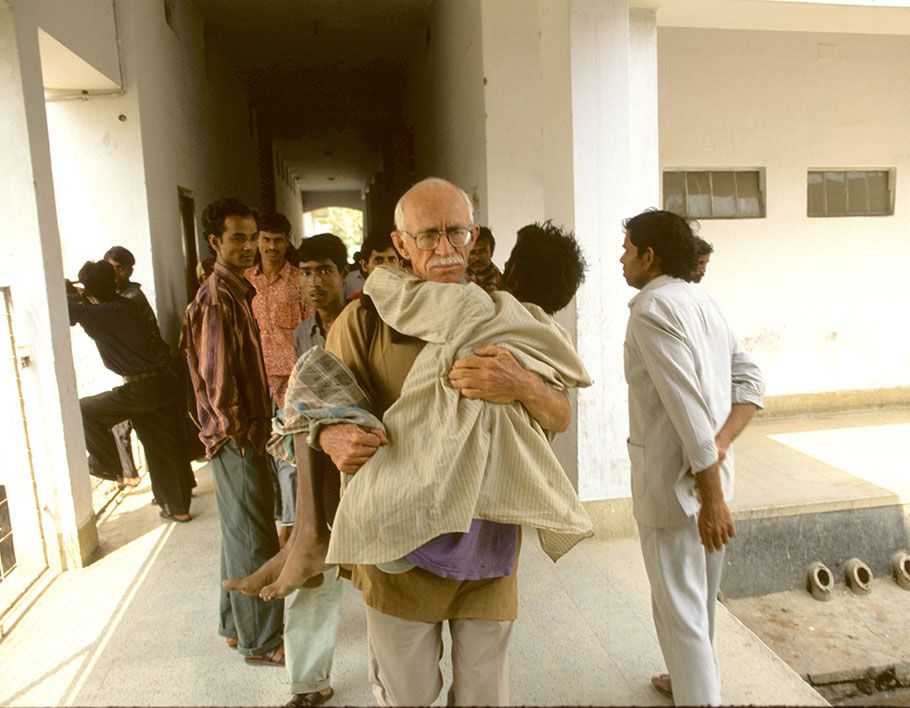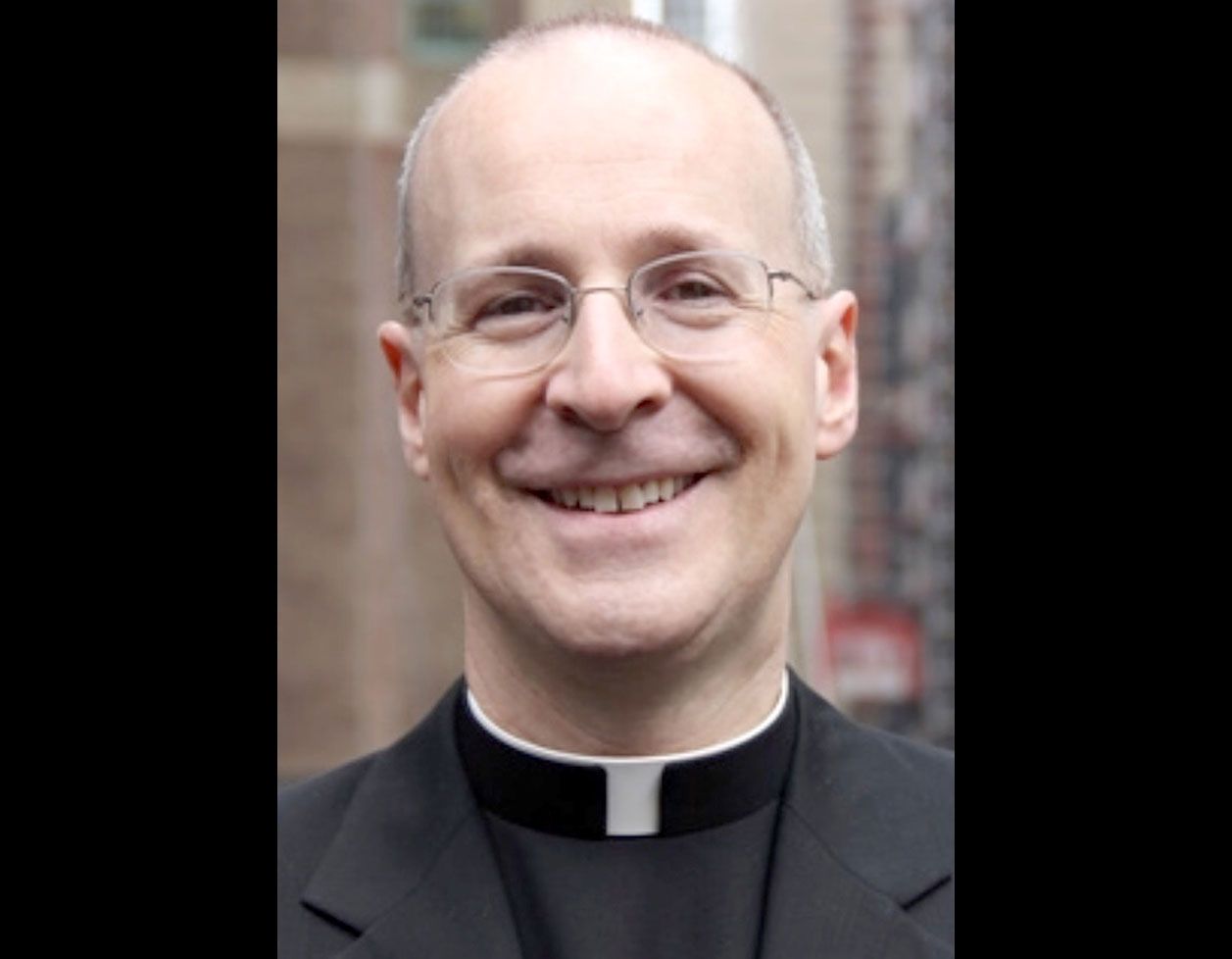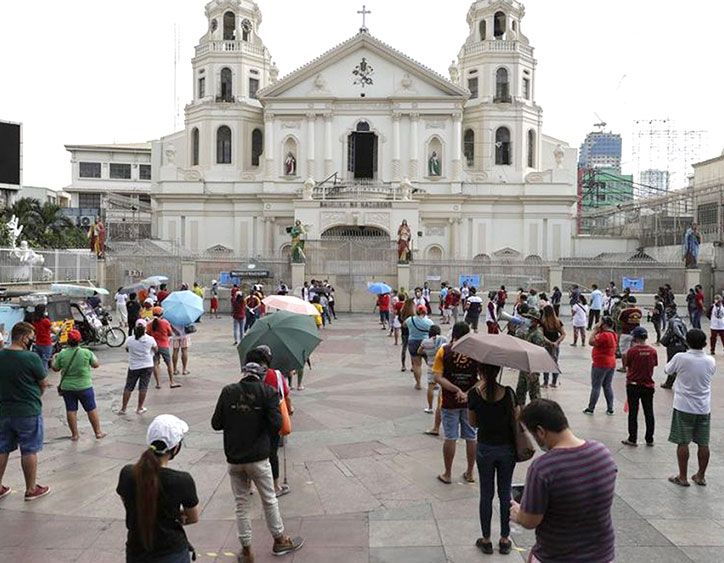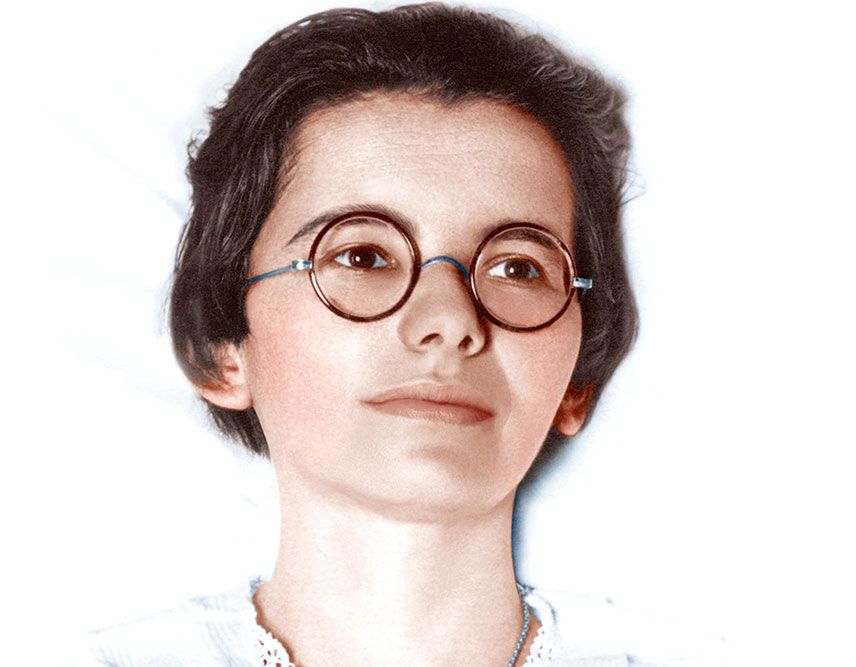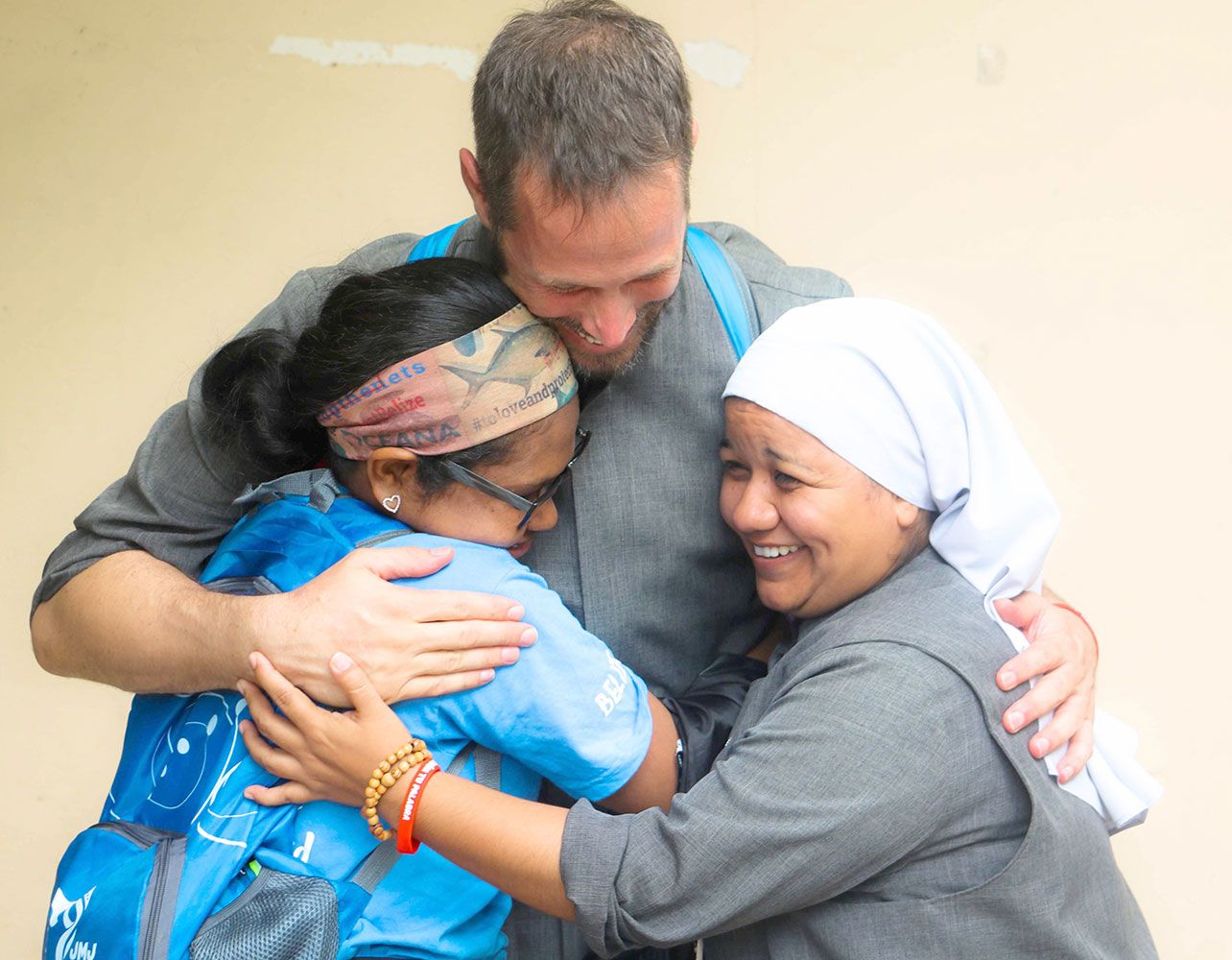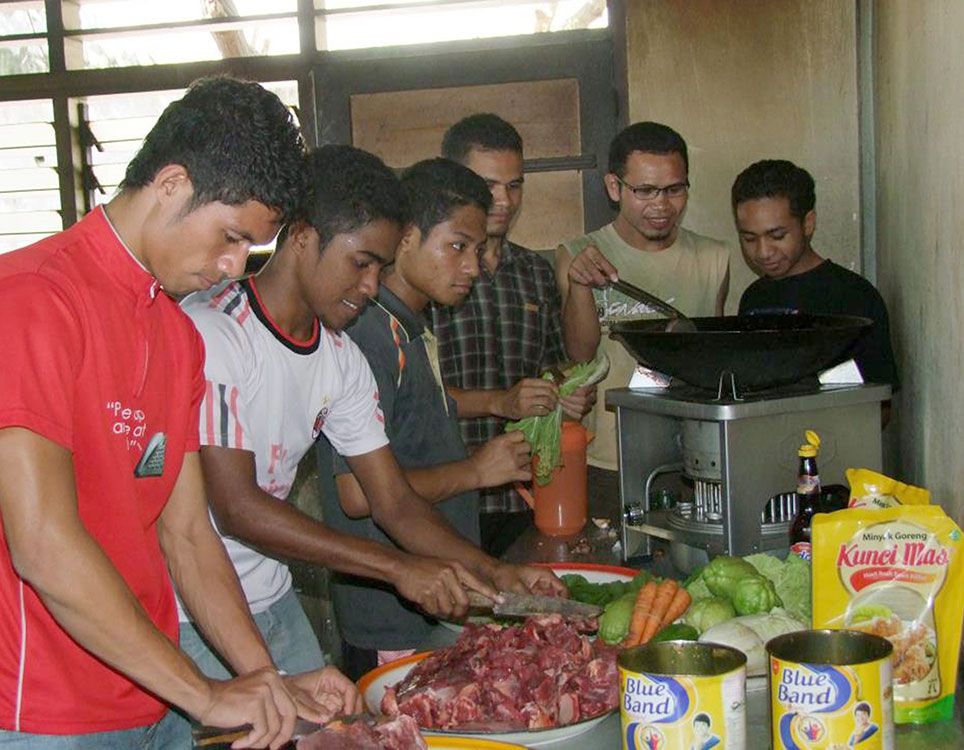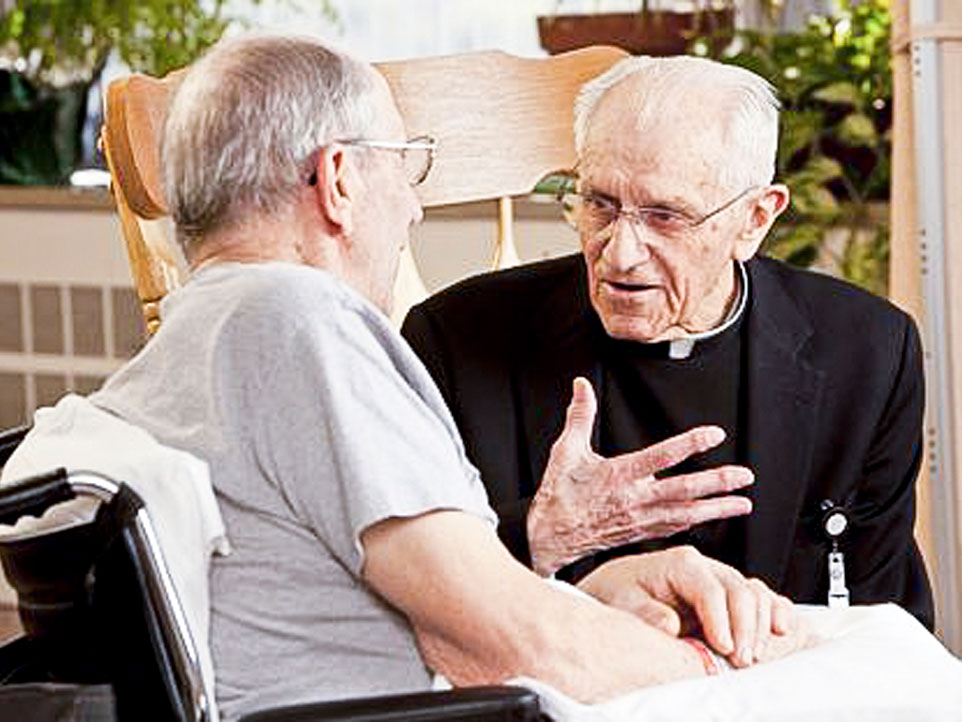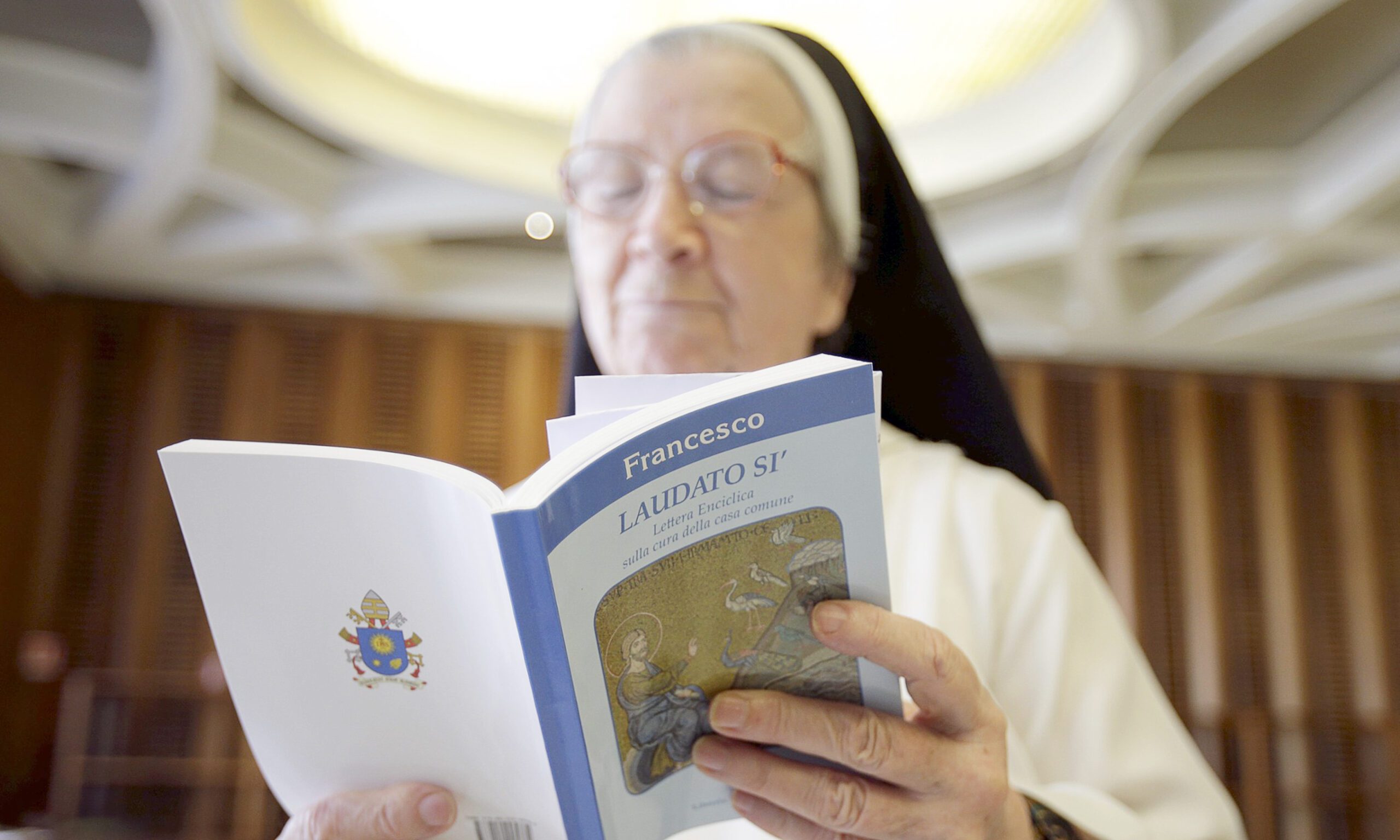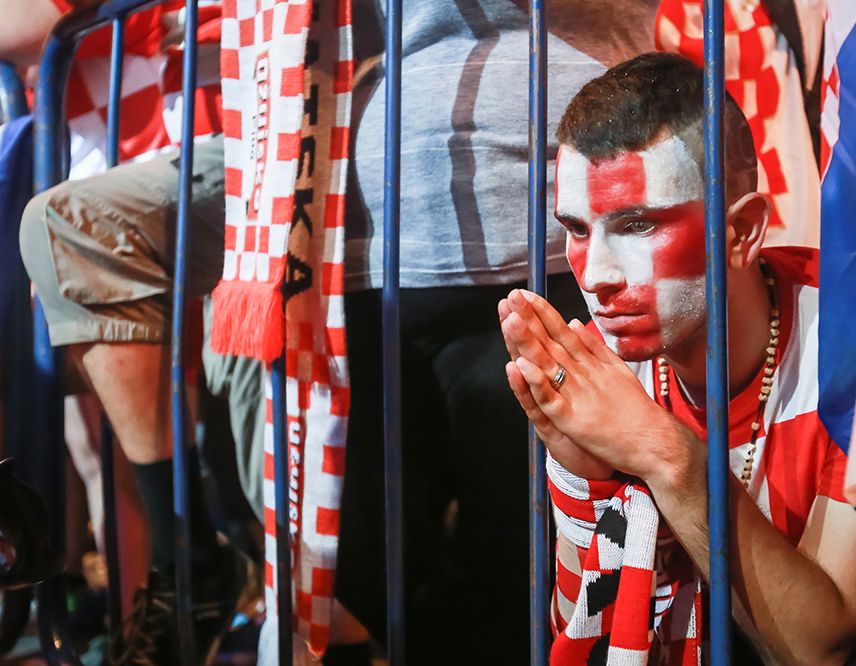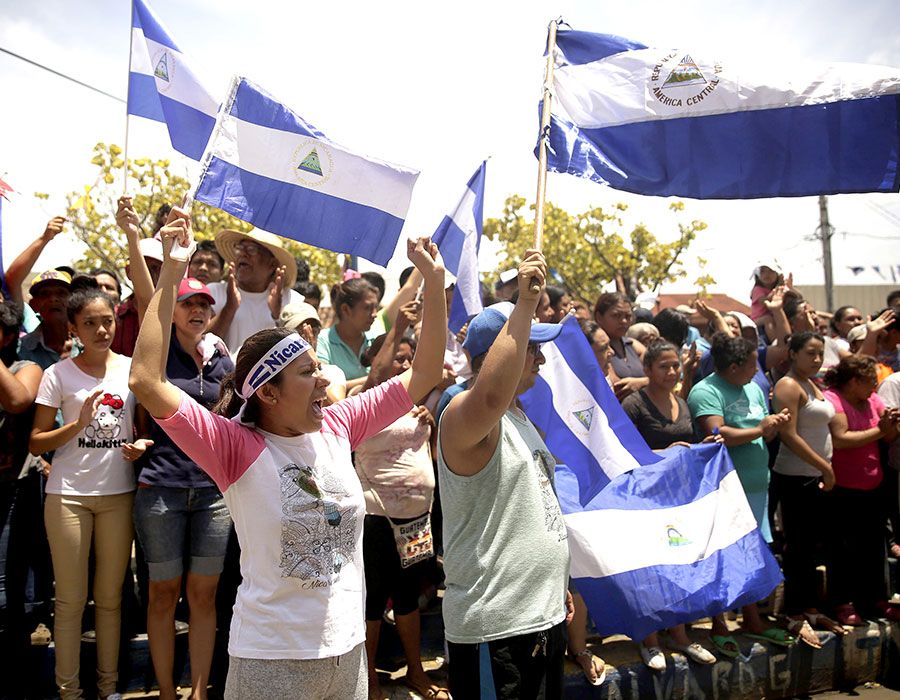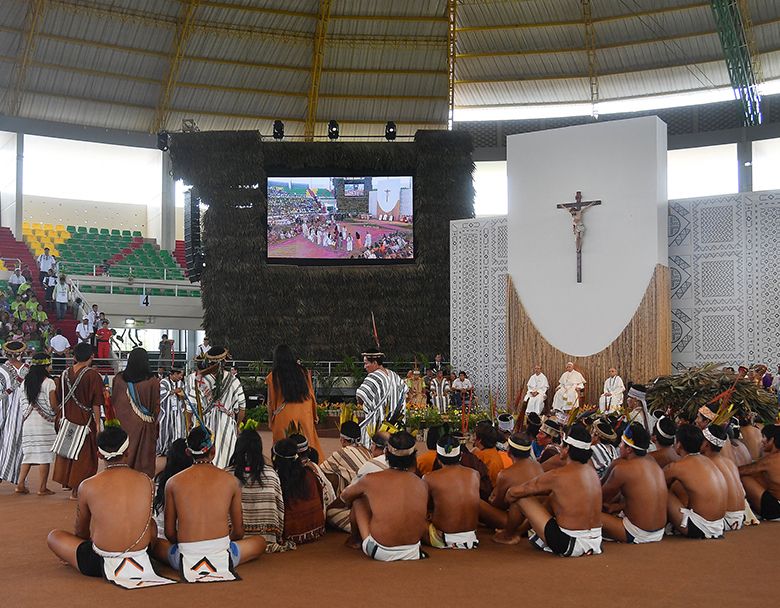The World Health Organization (WHO) currently reports 350 Covid-19 cases (as of this writing) for Uganda. With a population of over 42 million people this seems little, although the number of unreported cases is likely to be significantly higher. The country is hardly prepared for a major outbreak. That is why the government adopted strict measures early to contain the pandemic. Brother Günther Nährich MCCJ is also directly affected. The Comboni missionary from Bopfingen in Baden-Württemberg heads the St. Kizito Hospital in Matany in the northeast of the country. Comboni Sisters founded the Health Unit in 1967 which was gradually expanded to a 250-bed hospital. A nursing and midwifery school is affiliated with it. As managing director, Brother Günther is responsible for all non-medical and nursing activities. This ranges from keeping personnel files to procuring clinical thermometers – which can be a challenge in times of the coronavirus pandemic, as he reports in the interview.
What are the state measures against the spread of the virus in Uganda?
Even before the first coronavirus patient was registered in Uganda, schools and universities were closed on March 19 and 20. This also affected our nursing and midwifery school. There can be no more public meetings. Passenger and air traffic was stopped; the borders and most of the shops closed. Access to grocery stores and markets is only granted with the necessary distance. Later, the government also imposed a curfew at night, which is enforced rigorously along with the ban on assemblies. The measures taken to combat the pandemic can be clearly felt everywhere.
How does this affect people’s everyday lives?
The usual greeting with a handshake is prohibited. This inevitably leads to a distance between people –and living together changes. The country seems paralyzed. Food prices have risen so much that they are no longer affordable for ordinary people. Some have to settle for simple wild leafy vegetables that grow everywhere during the current rainy season. The urban population has grown dramatically in recent decades. Most people live in slums in confined spaces and earn their living from casual jobs and street trading. Now the livelihood for day laborers is lost, there is no substitute. Uganda has no social structures to accommodate the victims of the crisis and no resources to back up the dramatic consequences for businesses. On a positive note, the government has started to distribute food such as corn flour, beans and salt to needy populations in Kampala and the suburbs. The sick is given additional foods such as sugar and milk powder. This is a good start, but many people in need–especially in the countryside–are never reached.
Do the government measures also have an impact on your everyday work?
The lockdown has led to a sharp drop in the number of patients in the hospital. Only 60 to 65% of the beds are currently occupied. Due to the ban on public and private transport, patients from remote areas cannot reach the hospital. We continue to maintain an emergency ambulance service. But it is the rainy season and during heavy rains, our cars sometimes get stuck in the mud. Because the work in the hospital continues on a regular basis and there are other tasks to be done, my everyday life is not restricted. However, the procurement of medicines and sundries is becoming more and more difficult as supplies are dwindling and prices have risen enormously. An infrared thermometer, for example at a price of 90 Euros in February, was offered at the end of March for 325 Euros.
Are coronavirus patients already being treated in your hospital or are there preparations for the first cases?
There are still no coronavirus patients here in Matany and in the entire Karamoja region. However, we have gradually prepared for the first cases. Initially, hand washing facilities were set up at the entrance to the hospital, as well as in front of various wards and offices. In addition, all patients who come to the outpatient clinic are asked to answer a questionnaire and their temperature is measured. We have limited the number of patient attendants and visitors. We have set up an isolation ward and the staff who volunteered to care for affected patients have been trained. Unfortunately, there is a lack of protective equipment. The small stock lasts for a maximum of two weeks. A “Coronavirus Task Force” led by the health department meets in the District Headquarters each week, in which our Medical Superintendent and representatives of our primary health care team also participate.
What is the situation in the Christian communities? Are there still services or the sacraments being administered?
No services have been held in Uganda since the lockdown in March. Administration of sacraments was also postponed. All 217 young people who were prepared for and were looking forward to their baptism during Easter Vigil celebration had to be suspended. Various parishes offer online services, especially in cities where people have internet access. Here in the countryside, readings, short sermons and spiritual chants are broadcasted over loudspeakers on Sundays.
What does this mean for the believers?
Not being able to attend a service means a serious turning point for the people of Matany. For many who fill the great church during two services on Sunday, the celebration together is the central event of the day and their practice of faith. For this they dress with care, participate with great enthusiasm, bring in their wonderful moving songs and express their joy with dancing, clapping and loud cheers. Community and solidarity is strengthened and expresses itself specifically in the fact that the little that people have is shared in the collection.
How is the life of faith in your community?
In Matany we celebrate the Eucharist every Sunday as an apostolic community— that is, together with the two sister communities— in the courtyard of the Mission. We keep social distance as this rule applies also here. During the week the Eucharist is celebrated alternately in the different communities; we also maintain the daily morning and evening prayers. In addition, during this coronavirus pandemic period, we Comboni Missionaries in Uganda keep one hour of adoration every evening in which we pray for the end of the pandemic and also feel connected to our sisters and brothers in the parish and worldwide.
What is your perspective for the next few months?
According to media reports, there are now 350 Covid-19 infections in Uganda. Many of them are said to have already recovered. There are no reports about people who have succumbed to the disease. However, this broadcast cannot make us feel relaxed. There is too little testing and mortality is high in the country anyway. We will continue our journey here with caution and prudence and also with confidence. We do our part to avoid worse things. We also ask God to avert the pandemic from humanity here and everywhere in the world. In this attitude and in this way, we realise our motto: We dress the wound – God heals it. Published in Katholisch.de

